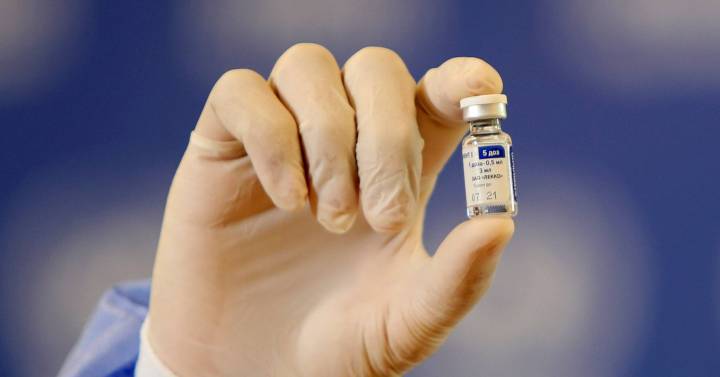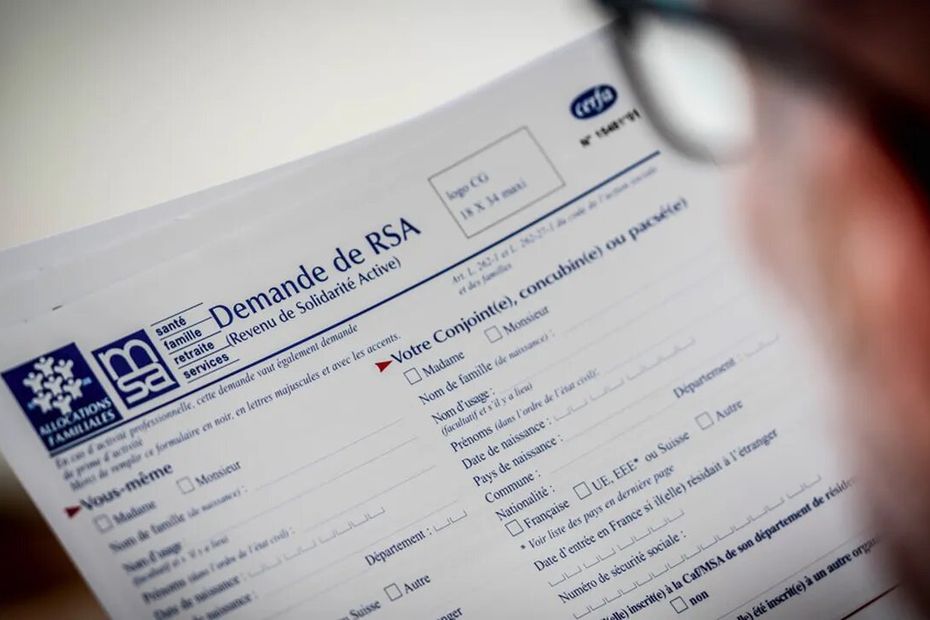Despite the fact that the Russian Sputnik vaccine has not been approved by the World Health Organization (WHO) or the European Medicines Agency (EMA) due to a lack of sufficient data regarding its safety and efficacy, and that South Africa denied authorization for not providing data on its impact on the population with HIV, the truth is that Sputnik is being marketed in a total of 71 countries, according to its manufacturer’s website, among which are the majority of Latin American countries and many countries with difficulties in accessing the vaccine.
The economic sanctions imposed by the European Union (EU) and the United States (USA) have served as an excuse for the Russian manufacturer to accuse the Big Pharma (large pharmaceutical laboratories) to prevent their vaccine, which they describe as the most effective, from reaching “billions” of people, in a shift in their communication policy so far that is closer in their vocabulary to the anti-vaccine groups that to what is expected of a vaccine manufacturer. Given this statement, it seems prudent to review the real impact of the aforementioned sanctions on the cycle of manufacturing and distribution of the vaccine.
Among the economic sanctions imposed by the EU and the US on Russia for the invasion of Ukraine, the trade restriction consisting of the export and import of products to Russia does not apply to products for medical and pharmaceutical use. This means that, in principle, the imports and exports of materials necessary for the manufacture of the vaccine, as well as its final export, should not be affected, especially if one takes into account that Sputnik is not only manufactured in Russia. , but there are also manufacturing agreements in India with three different companies and another one for a dose in Kazakhastan. On the other hand, the Russian-owned factory on German soil (Bavaria), which was awaiting authorization from the EMA, will not be started up, according to the company itself.
However, the economic sanctions will probably affect three areas: the financing of vaccine development projects due to the limitation on receiving investments from the Russian Direct Investment Fund, which owns the company that markets the vaccine; the payment transactions for the purchase and sale of the material to produce the vaccine or of the finished vaccine itself, which will be complicated due to the exclusion of the Russian banks from the SWIFT interbank payment system, so that all of them will necessarily be channeled through the only two banks Russians left in the system; and the logistics of the transport system, since Russian planes are prohibited from flying over the airspace of the sanctioning countries.
In addition to the institutional economic sanctions agreed by the EU and the US, we must add the decisions of private companies to leave Russian territory, a fact that will also have an impact on logistics since a large part of the freight depends on multinational maritime transport companies that have already announced that they cease to operate on Russian territory.
Thus, the authorization decisions are strictly regulatory: Sputnik has not been approved by the WHO or the EMA for not having sufficiently reliable data on its safety and efficacy. On the other hand, trade restriction sanctions have directly excluded their application to the pharmaceutical sector. And, finally, the logistical difficulties are salvageable with foreign production that is already operational and with intra-company readjustments.
Yolanda Puiggròs Jiménez de Antapartner in the Healthcare & Life Sciences area of RocaJunyent
–


